suf·fra·gette – noun
a woman seeking the right to vote through organized protest.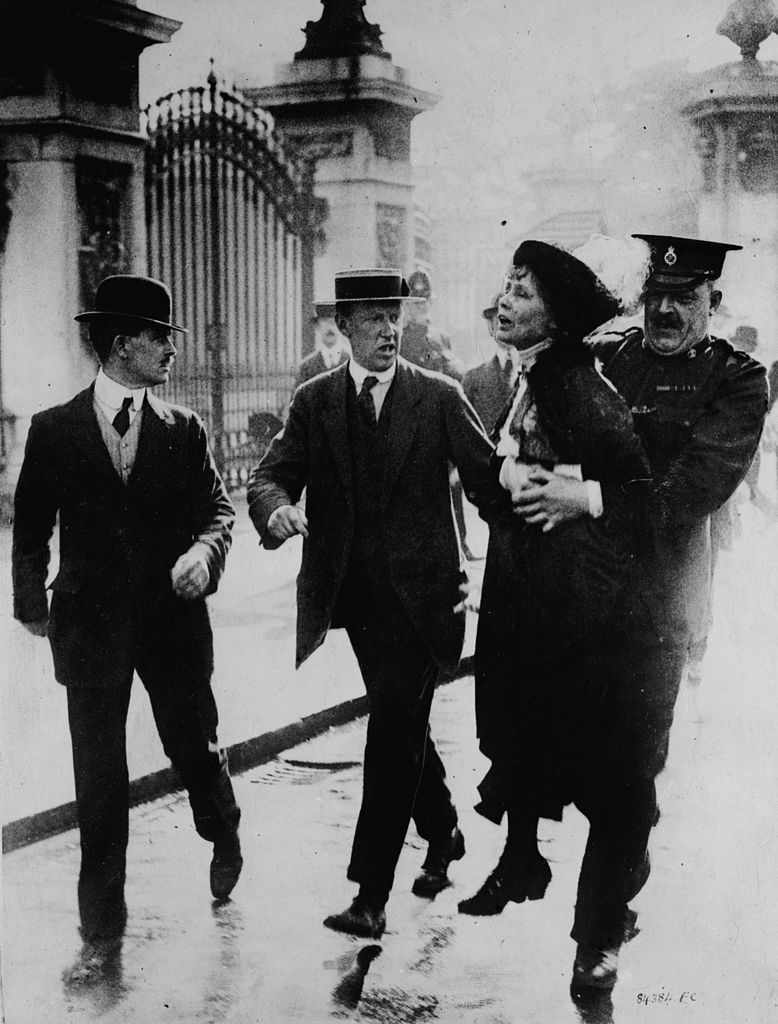
Continue reading Post ID 28512
suf·fra·gette – noun
a woman seeking the right to vote through organized protest.
Continue reading → Post ID 28512
Sojourner Truth is best known for her improvised speech on racial inequalities, “Ain’t I a Woman?” delivered at the Ohio Women’s Rights Convention in 1851.
Continue reading → Post ID 28512
“Be always at war with your vices, at peace with your neighbors, and let each new year find you a better man.”
“It is easier to prevent bad habits than to break them.”
Continue reading → Post ID 28512
“My brave fellows, you have done all I asked you to do, and more than can be reasonably expected; but your country is at stake, your wives, your houses and all that you hold dear. You have worn yourselves out with fatigues and hardships, but we know not how to spare you. If you will consent to stay one month longer, you will render that service to the cause of liberty, and to your country, which you probably can never do under any other circumstances.”
“We have abundant reason to rejoice, that, in this land, the light of truth and reason has triumphed over the power of bigotry and superstition, and that every person may here worship God according to the dictates of his own heart.”
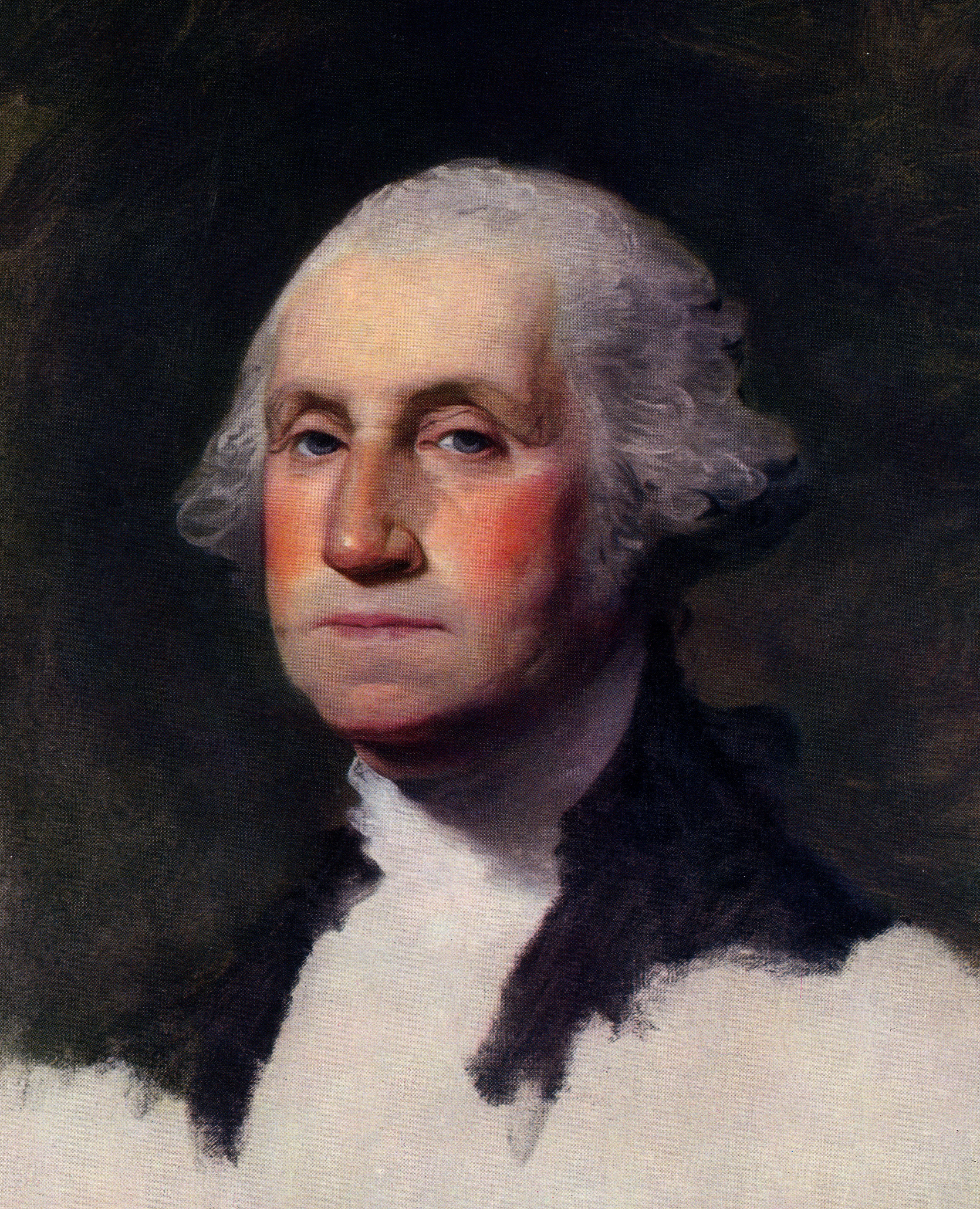
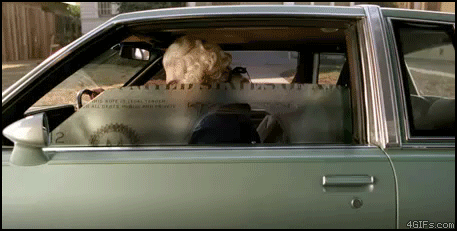
Continue reading → Post ID 28512
Continue reading → Post ID 28512
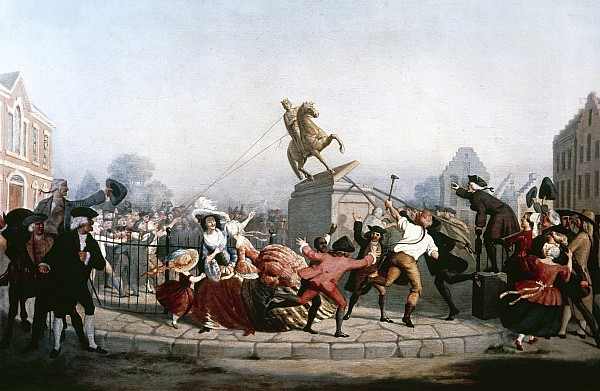
Adam Smith (1723 – 1790) was a Scottish economist, philosopher and author as well as a moral philosopher, a pioneer of political economy and a key figure during the Scottish Enlightenment, also known as ”The Father of Economics” or ”The Father of Capitalism”.
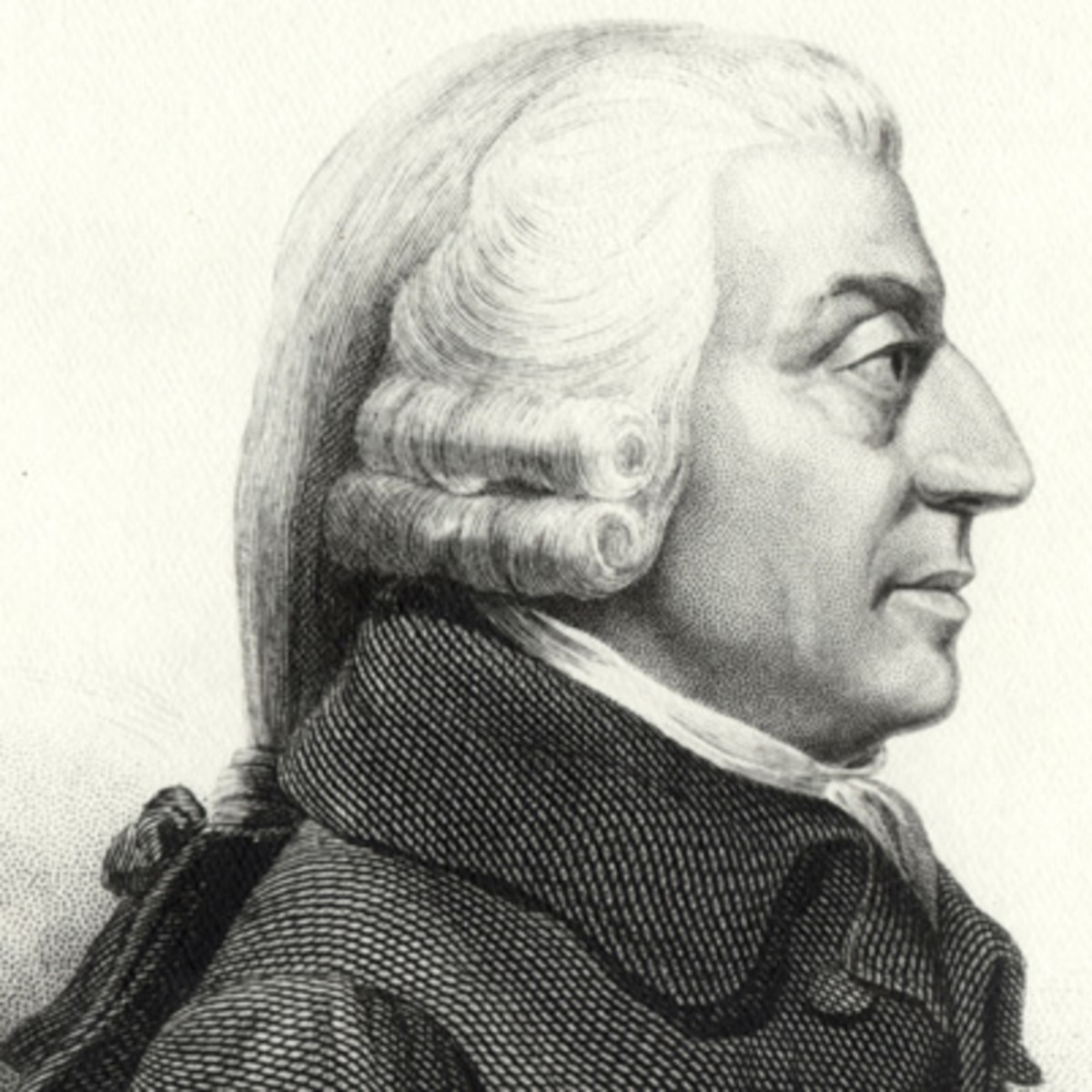
Continue reading → Post ID 28512
Denis Diderot (1713 -1784) French man of letters and philosopher who, from 1745 to 1772, served as chief editor of the Encyclopédie, one of the principal works of the Age of Enlightenment.
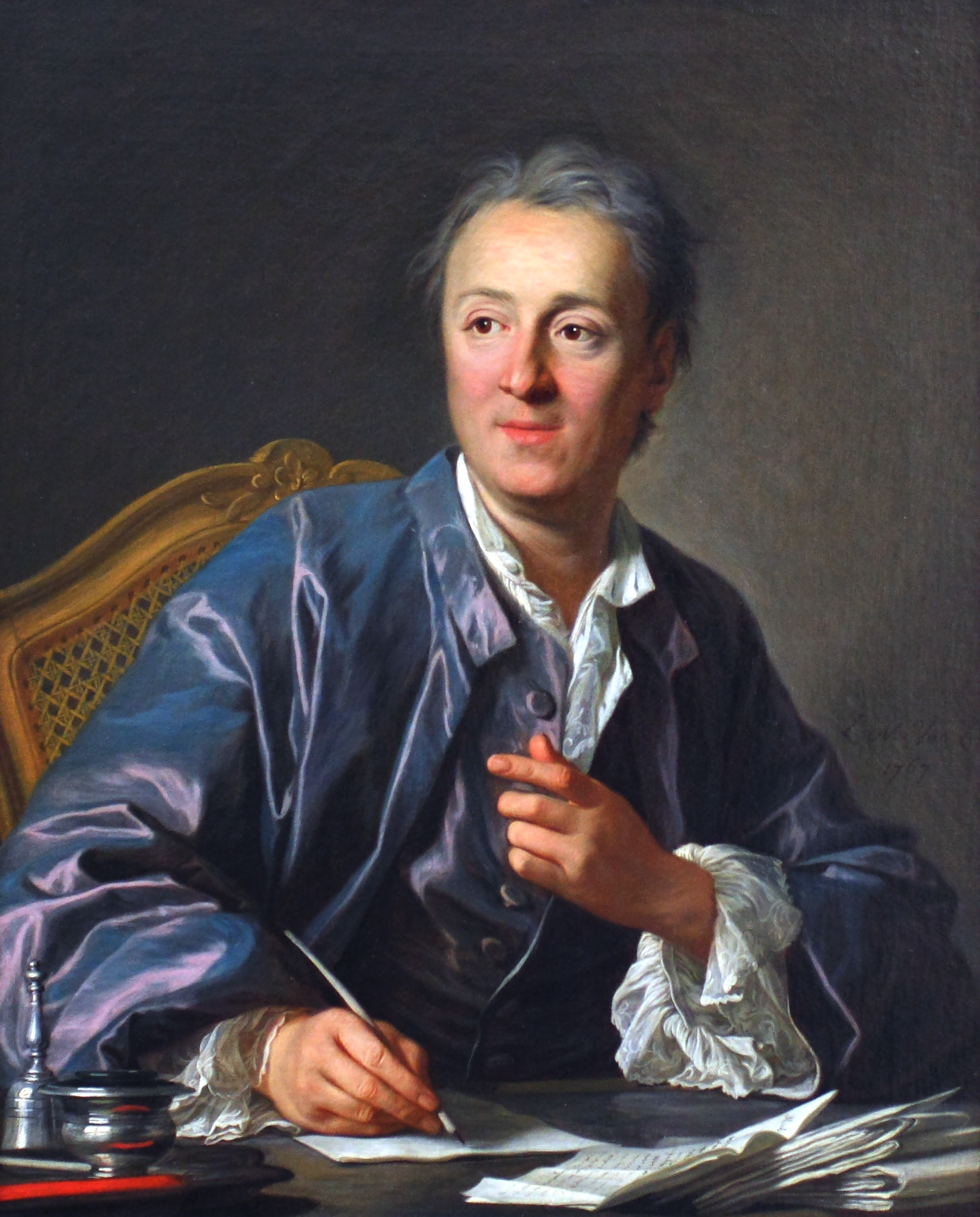
Continue reading → Post ID 28512
Jean-Jacques Rousseau was a Genevan philosopher, writer and composer. (1712–1778)
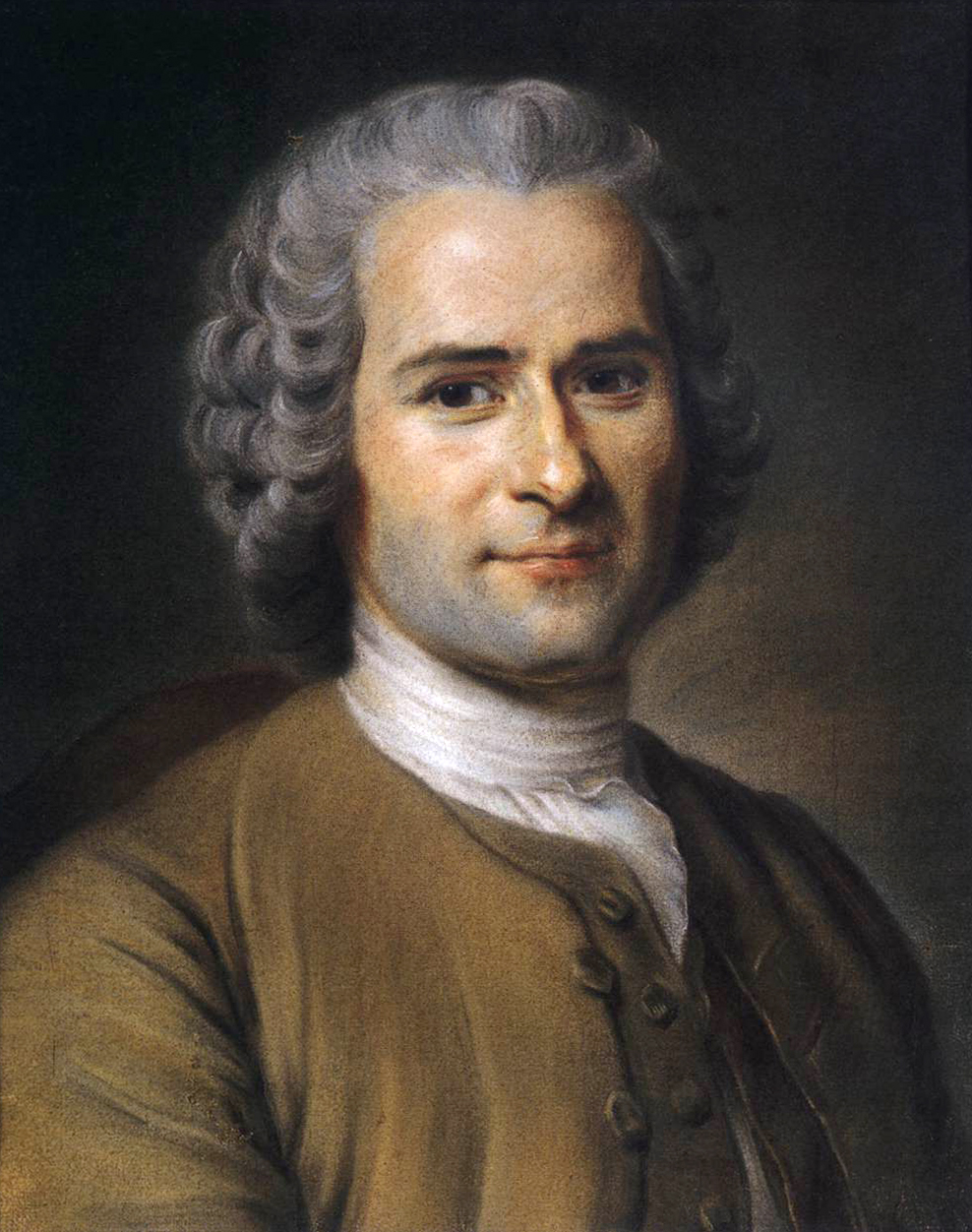
Continue reading → Post ID 28512
Philosopher, Government Official, Legal Professional, Writer (1689–1755)
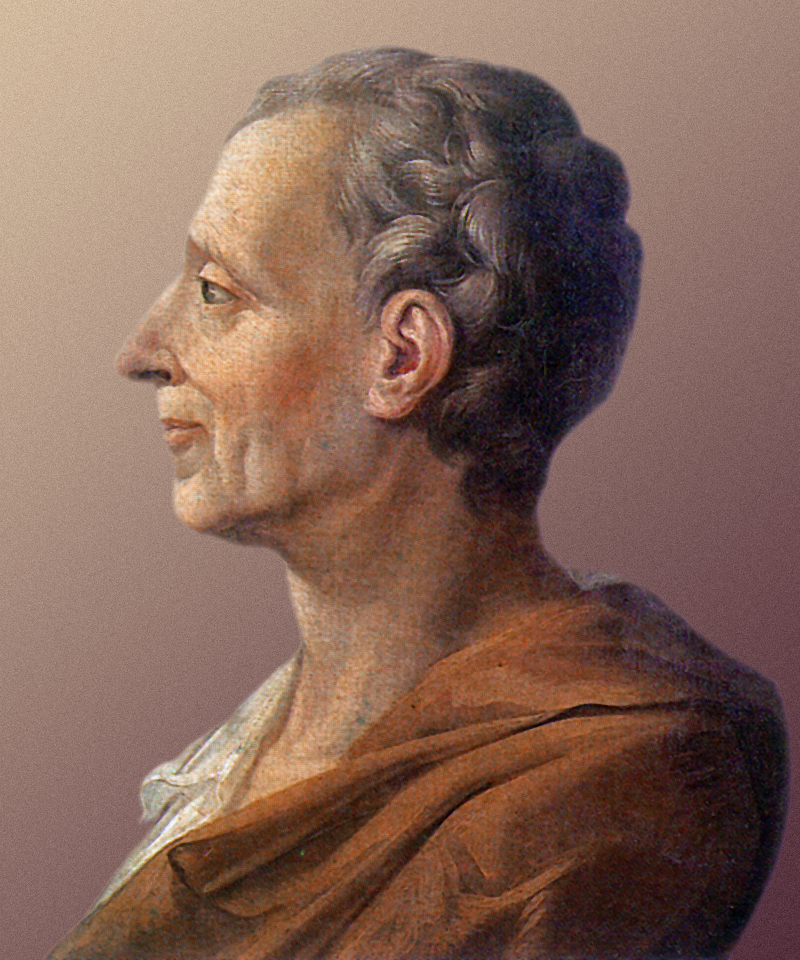 Continue reading → Post ID 28512
Continue reading → Post ID 28512
Academic, Philosopher, Political Scientist, Journalist, Historian (1588–1679)
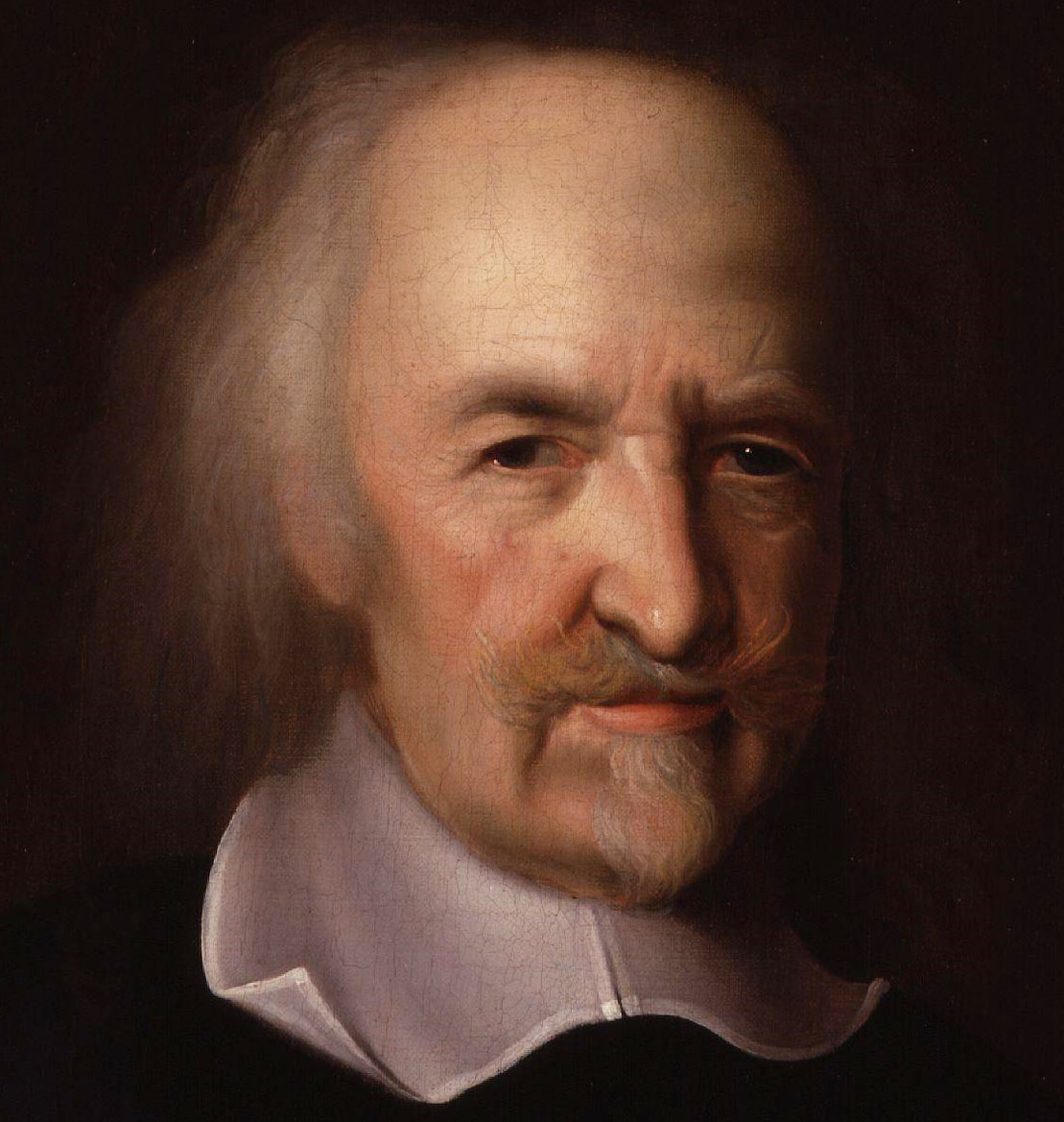 Continue reading → Post ID 28512
Continue reading → Post ID 28512
Philosopher (1632–1704)
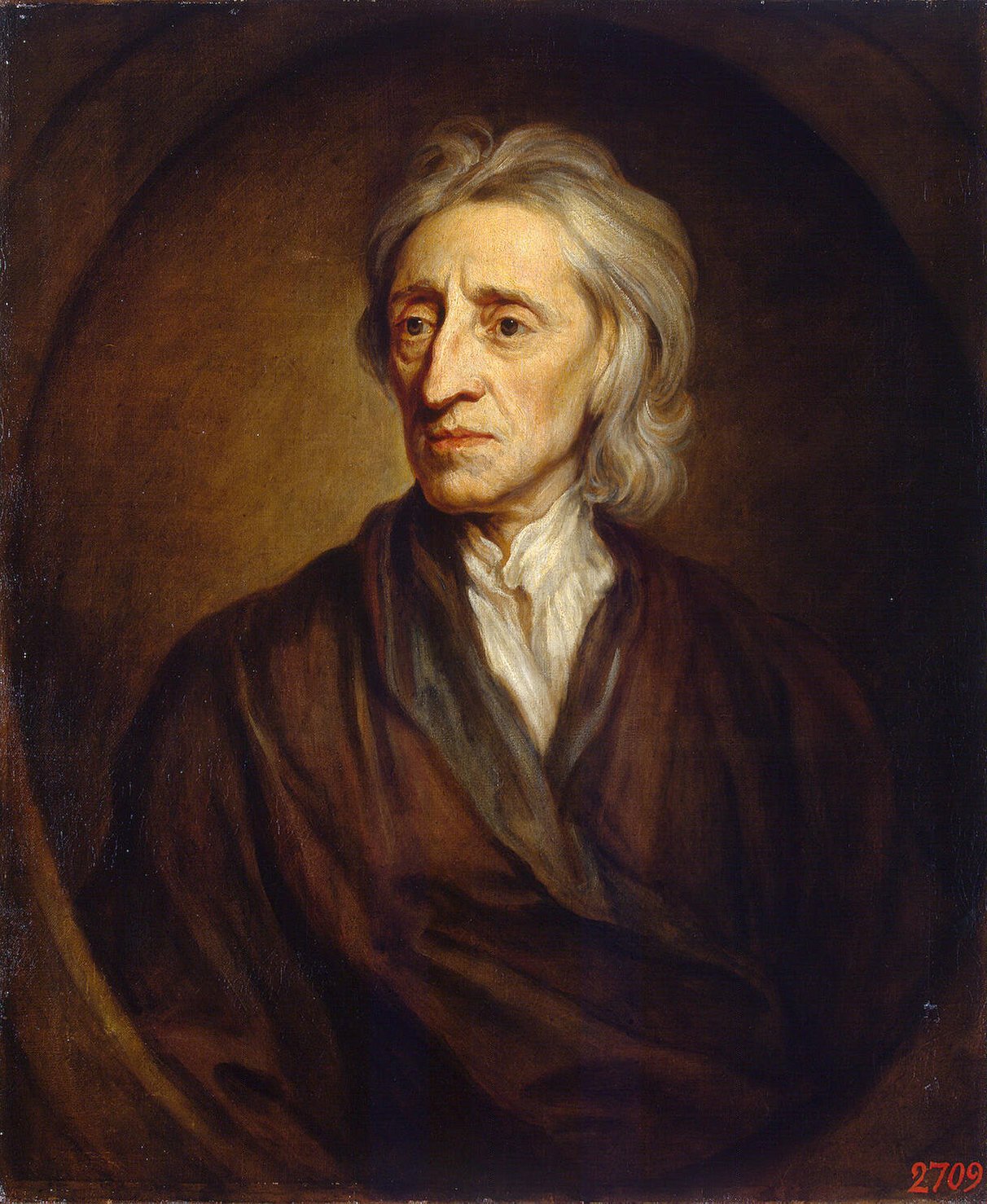 Continue reading → Post ID 28512
Continue reading → Post ID 28512
Johann Sebastian Bach (1685 – 1750) was a German composer and musician of the Baroque period.
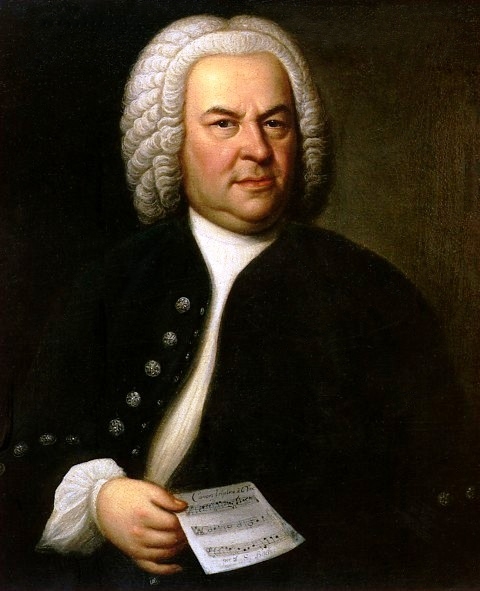
Continue reading → Post ID 28512

Baroque composer George Handel was born February 23, 1685, in Halle, Germany. In 1704 Handel made his debut as an opera composer with Almira. He produced several operas with the Royal Academy of Music before forming the New Royal Academy of Music in 1727. When Italian operas fell out of fashion, he started composing oratorios, including Messiah. George Handel died April 14, 1759, in London, England
Continue reading → Post ID 28512
Composer, Pianist (1756–1791)
A prolific artist, Austrian composer Wolfgang Mozart created a string of operas, concertos, symphonies and sonatas that profoundly shaped classical music.
Wolfgang Amadeus Mozart learned the piano at the age of three, and soon developed his skills in all musical forms. Widely recognized as one of the greatest composers of all time, he produced over 600 works.
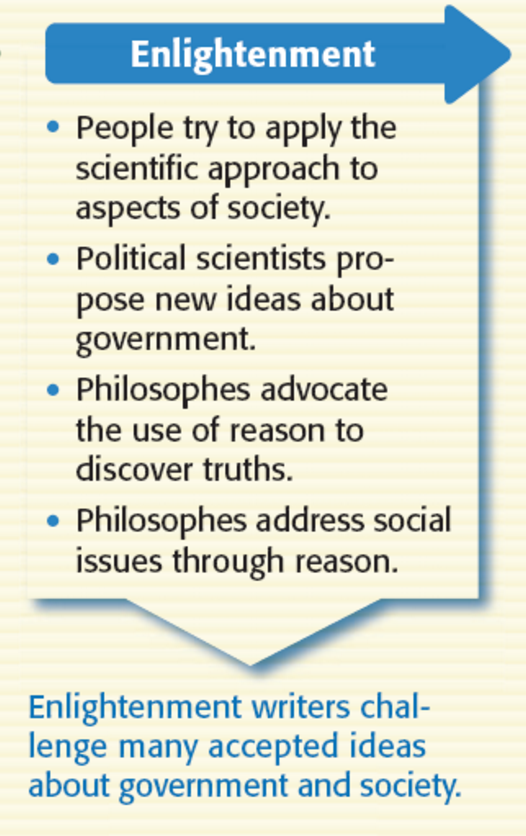 The Age of Enlightenment (1700-1800) Continue reading → Post ID 28512
The Age of Enlightenment (1700-1800) Continue reading → Post ID 28512Karl Marx (1818-1883), philosopher and German politician.

Continue reading → Post ID 28512
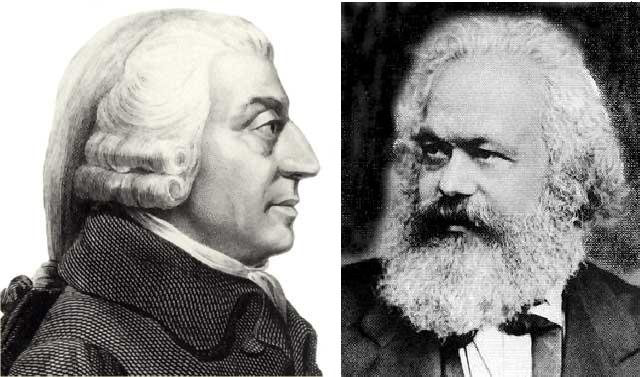
Continue reading → Post ID 28512
Com·mu·nism (noun)
– a political theory derived from Karl Marx, advocating class war and leading to a society in which all property is publicly owned and each person works and is paid according to their abilities and needs.
– doctrine based on revolutionary Marxian socialism and Marxism-Leninism that was the official ideology of the U.S.S.R.
– a totalitarian system of government in which a single authoritarian party controls state-owned means of production
– a final stage of society in Marxist theory in which the state has withered away and economic goods are distributed equitably
– communist systems collectively eliminating of private property
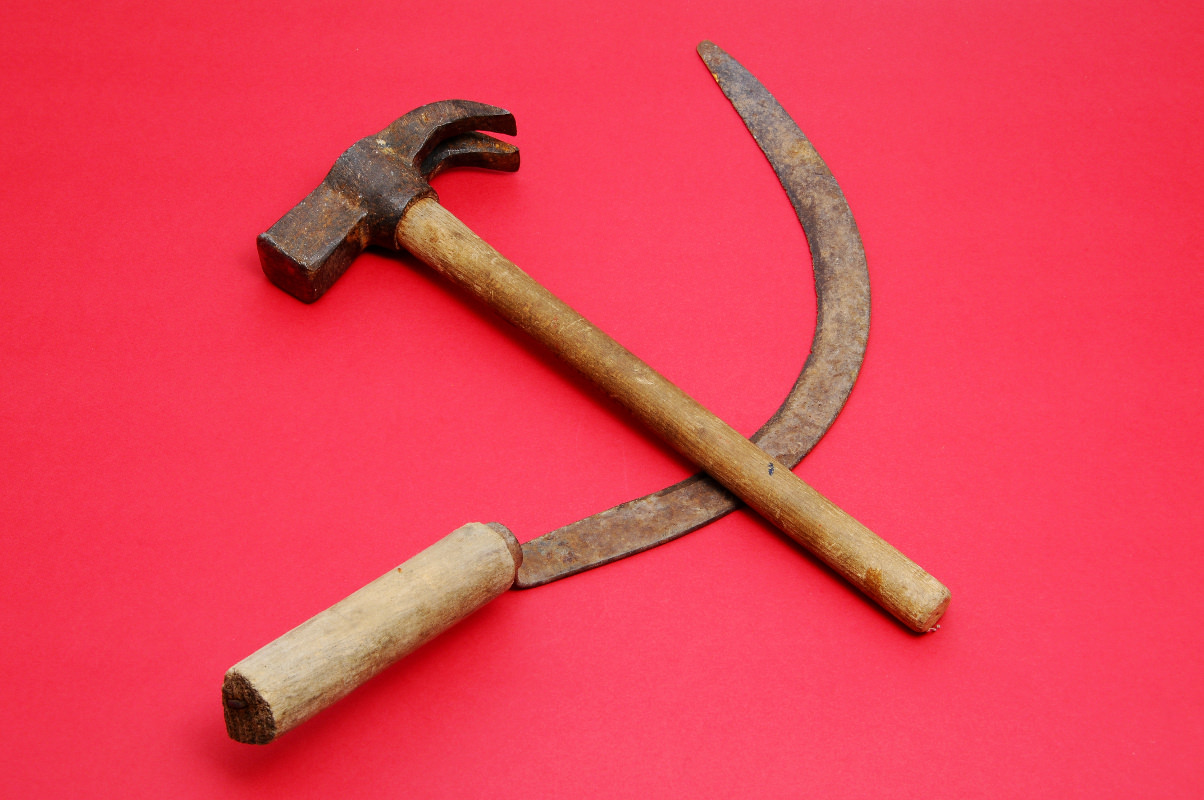 Continue reading → Post ID 28512
Continue reading → Post ID 28512
Socialism (noun)
– a political and economic theory (policy or practice) of social organization that advocates that the means of production, distribution, and exchange should be owned or regulated by the community as a whole.
– (in Marxist theory) a transitional social state between the overthrow of capitalism and the realization of communism.
Continue reading → Post ID 28512
Karl Marx (1818-1883), philosopher and German politician.

Continue reading → Post ID 28512
Before the French Revolution
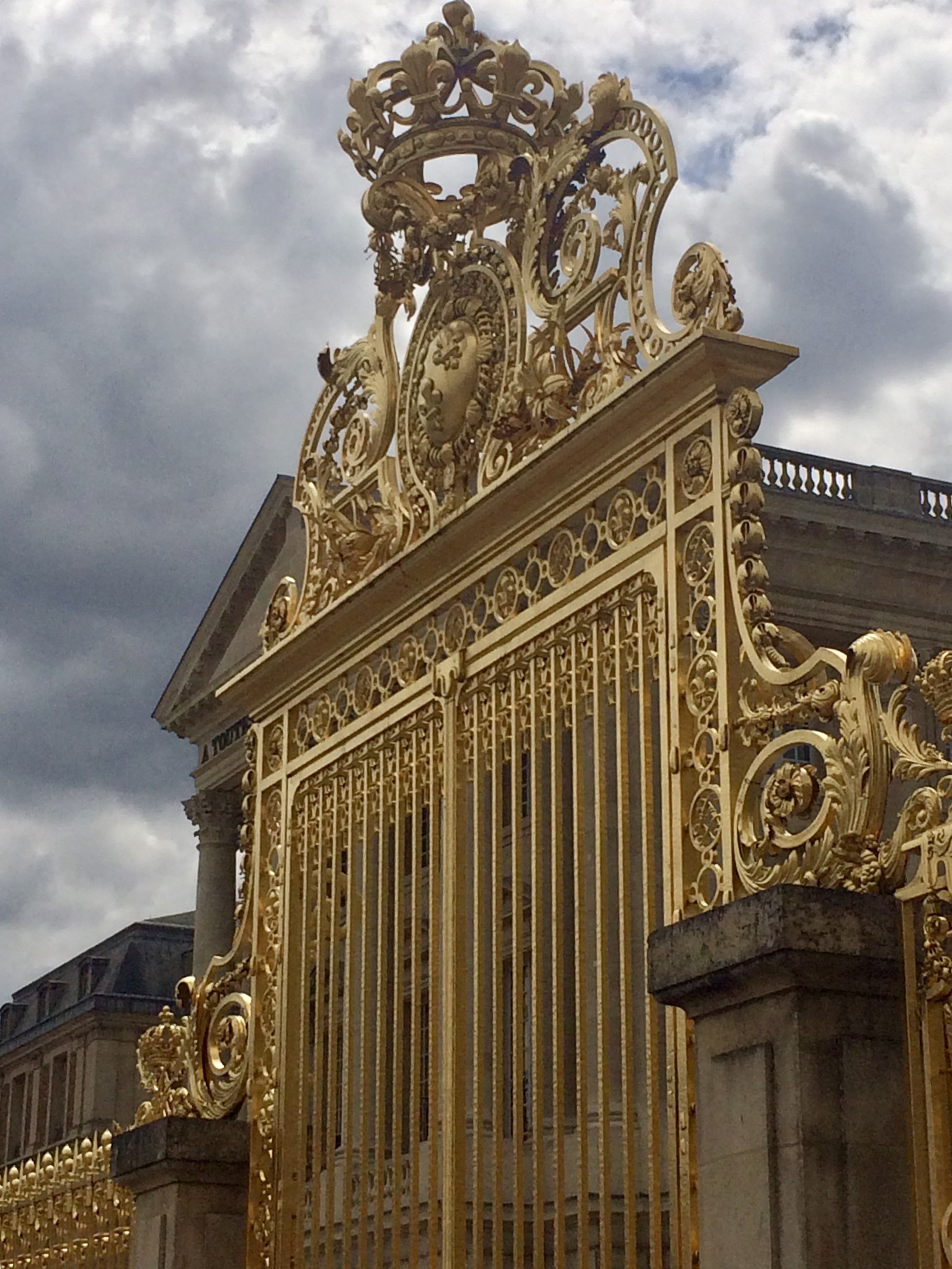 Illustrative Example (p 70) – Arts and Monumental Architecture: (European palaces such as Versailles)
Illustrative Example (p 70) – Arts and Monumental Architecture: (European palaces such as Versailles)
Continue reading → Post ID 28512
You must be logged in to post a comment.